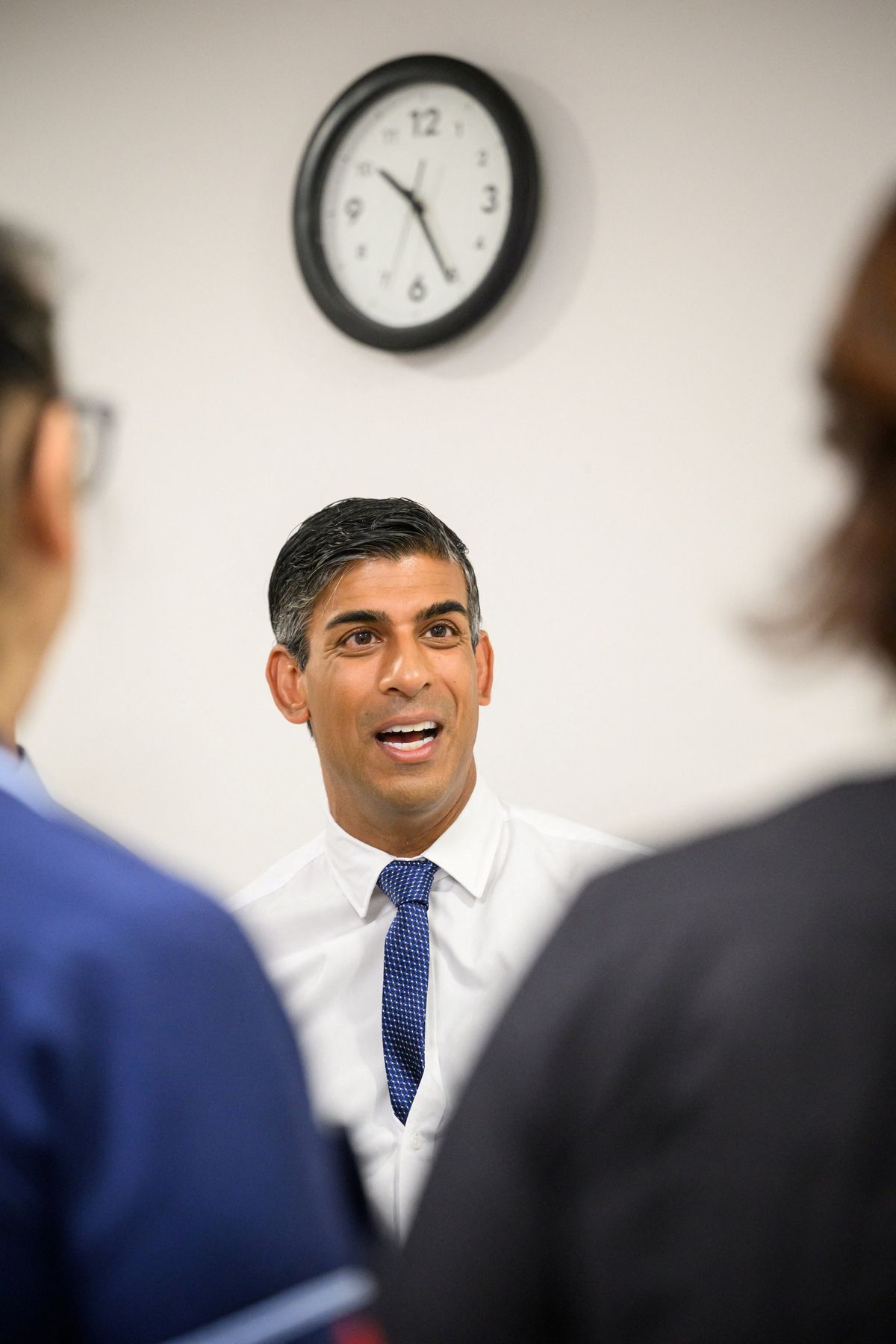British Prime Minister Rishi Sunak has had a tough week. First, one of his MPs, Boris Johnson loyalist Nadine Dorries, resigned, accusing Sunak of “betraying” conservatism, and saying “History will not judge you kindly.” Second, Standards Commissioner Daniel Greenberg sanctioned Sunak for failing to report his wife Akshata Murty’s holdings in a childcare company, Koru Kids, one of six agencies chosen to benefit from a new government program. Sunak had not disclosed Murty’s interest and sent a letter apologizing “for these inadvertent errors” while agreeing to rectify them.
Third, his wife’s holdings again made the headlines – but on a much larger scale. At issue is Murty’s 0.93% holding in Infosys, an Indian IT services and consultancy company co-founded by her father, Narayana Murty, in 1981, that’s valued at about £50 billion ($63b). Murty’s stake is worth £481 million ($605m), which the Sunday Times estimated to have constituted the bulk of the family’s wealth in 2023.
The conflict? Infosys stands to benefit from a proposed trade deal between India and the UK, which Sunak is set to discuss at a bilateral meeting with Indian Prime Minister Narenda Modi at the upcoming G20 meeting in New Delhi. India wants more visas for tech workers, which would also help Infosys hire more contract employees, something the company is keen to do.
This win-win situation raised eyebrows in parliament, with opposition politicians calling for Sunak to be more transparent about just how the deal would benefit his family and with one expert suggesting he should recuse himself from the negotiations. Meanwhile, the British Foreign Commonwealth and Development Office warned a parliamentary trade committee that it should postpone its trip to India until next year, and said it will not be able to set up meetings for MPs with Indian officials and business people.
With the deal considered a crucial show of economic strength post-Brexit, and a general election to be held no later than January 25, 2025, the controversy could not come at a worse time for the UK and for Sunak. Last month, his Conservatives lost two seats in byelections that they were expected to win – and polls indicate that they face an uphill battle to stay in power after the next election.





